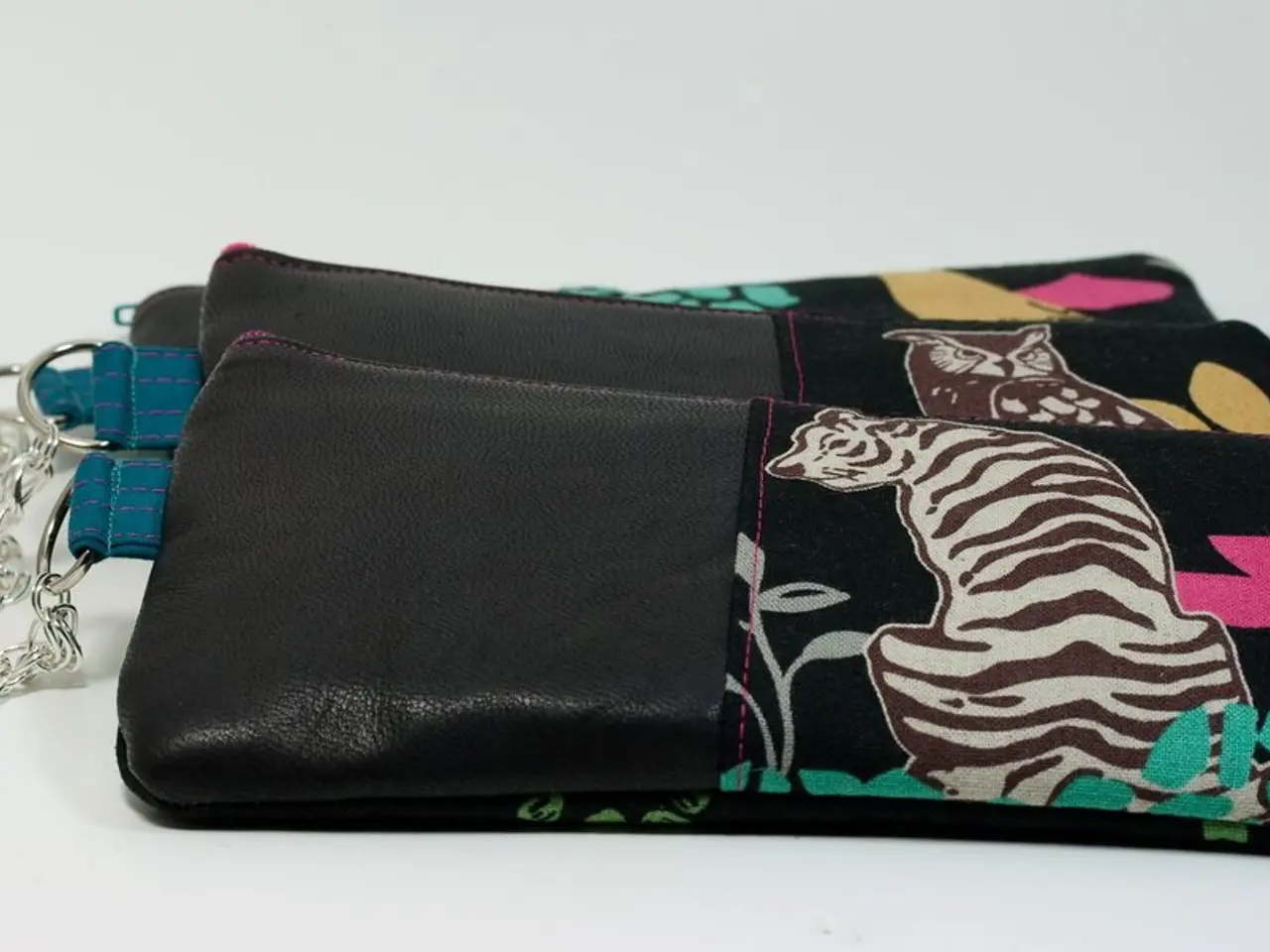Access Denied: Custodial Control Over Digital Assets Negates User Ownership
In the rapidly evolving world of cryptocurrencies, a growing number of investors are turning to non-custodial wallets to safeguard their digital assets. This shift is driven by the desire for increased security, control, and privacy, as well as a reduced risk of centralised failures and regulatory interventions.
The key difference between non-custodial and custodial wallets lies in who controls the private keys. Custodial wallets, typically managed by centralised exchanges or services, hold and safeguard your private keys on your behalf. This setup is similar to a bank holding your money, but it comes with its own set of risks. Custodial wallets are subject to regulations such as KYC (Know Your Customer) and AML (Anti-Money Laundering), and the service provider can freeze or seize assets under certain conditions.
In contrast, non-custodial wallets give you sole control over your private keys. You are fully responsible for managing security, backup, and access. This setup offers greater privacy, censorship resistance, and financial sovereignty, as no third party can restrict or freeze your assets.
One of the primary benefits of non-custodial wallets is ownership and control. With non-custodial wallets, you have full ownership of your crypto assets. Losing the private keys means losing access forever, but it also means you are immune to external control or seizure. This setup also reduces the risk of centralised failure, as custodial exchange wallets expose users to risk if the exchange is hacked, insolvent, or decides to restrict withdrawals.
Moreover, non-custodial wallets enable instant transactions, as they do not require third-party approval for transactions, enabling faster and more flexible asset movement. However, non-custodial wallets demand greater personal responsibility for key management and security. Mishandling keys can lead to permanent loss of funds.
Recently, Elon Musk, the CEO of Tesla and SpaceX, has voiced his support for investors keeping custody of their crypto assets, such as Dogecoin, rather than relying on centralised exchanges like Binance and Robinhood.
As concerns over security and control continue to grow, many crypto investors are increasingly opting for non-custodial wallets. Ledger, a France-based hardware crypto wallet company, is informing people about the uses of private crypto wallets to reduce risks of hacks or breaches. GameStop Corp., the American video game retailer, has also launched a digital asset wallet to allow users to store, send, receive, and use cryptocurrencies and non-fungible tokens (NFTs) across decentralized apps without leaving their web browsers.
In the crypto/NFT world, Non-Disclosure Agreements (NDAs) are essential to protect sensitive information like business strategies, proprietary algorithms, user data, and new project plans. As the use of non-custodial wallets becomes more prevalent, it is expected that this trend will continue, empowering investors to take control of their digital assets and maintain their financial privacy.
[1] https://coinmarketcap.com/alexandria/article/custodial-vs-non-custodial-wallets [2] https://www.investopedia.com/terms/n/non-custodial-wallet.asp [3] https://www.forbes.com/sites/jasonbrett/2021/03/08/why-non-custodial-wallets-are-the-future-of-cryptocurrency/?sh=76759690623c [4] https://www.coindesk.com/learn/what-is-a-non-custodial-wallet [5] https://www.investopedia.com/terms/n/non-custodial-exchange.asp
- The shift towards non-custodial wallets in the cryptocurrency world is not limited to safeguarding digital assets; it allows users to have full ownership and control over their funds, thereby reducing the risks of external control or seizure often associated with custodial wallets.
- As the use of technology in the finance sector continues to evolve, the interest in gadgets like hardware crypto wallets, such as the ones offered by Ledger, is growing, as they provide increased security and privacy for storing cryptocurrencies and non-fungible tokens (NFTs).







